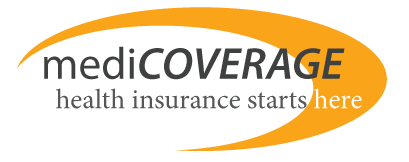Health Insurance for individuals and Families
Qualified HSA Expenses
A Health Savings Account (HSA) allows you to set aside pre-tax money solely for qualified medical expenses. An HSA is similar to an IRA for retirement savings, except that the HSA account is used to pay for qualified medical expenses instead.
There are some specifications you’ll need to meet when it comes to HSAs. First, you must elect a health insurance plan that qualifies you for HSA participation. Second, you must ensure that you understand the rules and limitations regarding what your HSA will pay for. Fortunately, the list of health-related expenses that qualify for HSA payment is quite long, but it’s important to make sure that the expenses you’re charging do qualify. If you don’t check, and you pay for something through your HSA that doesn’t qualify, the IRS could penalize you. The expense must be medically based and primarily put toward the alleviation or prevention of a mental or physical illness or defect. (Check Section 213 (d) of the Internal Revenue code for more information.) In general, those medical expenses that are considered HSA eligible are also those that would be typically deductible as medical or dental expenses, although there are some exceptions.
Here are some things you CAN pay for with your Health Savings Account:
- wheelchairs and other assistive devices
- vitamins that have been prescribed
- most hospitalizations
- insulin
- prescriptions
- work done through gynecology
- some elective surgeries
- splints
- sterilization
- psychotherapy
- therapy for drug addiction
- eyeglasses
- dental care
- contact lenses
- contraceptive devices
- in-home convalescent services
- cardiac care
- birth control pills
- blood transfusions
- bloodwork
- blood tests
- prosthetics (artificial limbs)
- abortion
- acupuncture
Here are some things you CANNOT pay for with your Health Savings Account:
- certain elective procedures
- smoking cessation programs
- premiums for insurance
- cosmetic procedures or cosmetic surgery
- memberships to athletic clubs
- over-the-counter drugs
- payment in advance for services
These lists are meant only as a guide, are not exhaustive, and should not be taken as tax advice. You should check on the IRS website or with your own tax professional to make sure you avoid using HSA funds to pay for non-HSA-approved expenses.
An HSA can be an excellent choice for some savvy individuals and families. If you would like to discuss establishing an HSA, get in touch with one of the kind and gentle agents at Medicoverage by visiting our contact page.
